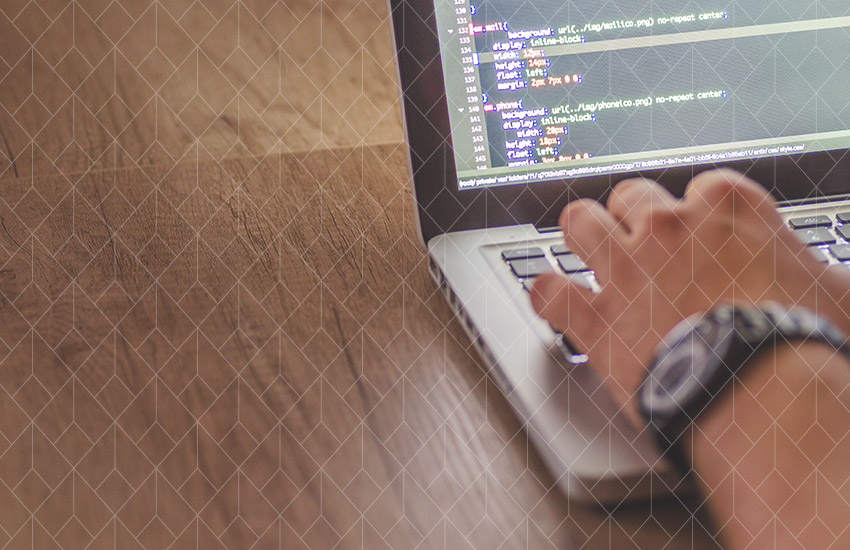AI to protect both humans and fruits from diseases

Machine Learning Digest is a curated weekly news overview for those who are concerned about the Machine Learning development across a spectrum of industries. It provides brief summaries and links to articles and news, describing the most remarkable events in the ML sphere. Learn about the latest news in machine learning development.
New AI application is to defend banana crops
Phys on August 12, 2019
Banana is the world’s most popular fruit and its global population is going to amount to 10 billion in 2050. Banana is a crucial source of nutrition and is an essential fruit for many people. Still, a number of pests and diseases are to damage the plants.
Artificial intelligence-powered tools have already become adapted for real life and now can be used by common users in the more remote corners of the globe. Smallholder farmers are no exception and they can use handheld technologies for farms more efficiently. Now, there is a tool that helps to fight against crop diseases and pests that are harmful for harvests. A new smartphone tool created especially for banana farmers can examine plants for signs of five major diseases and one common pest and is tested in Colombia, the Democratic Republic of the Congo, India, Benin, China, and Uganda. The application provided a 90 percent successful detection rate.
Farmers around the world struggle to defend their crops from pests and diseases. There is very little data on banana pests and diseases for low-income countries, but an AI tool such as this one offers an opportunity to improve crop surveillance, fast-track control and mitigation efforts, and help farmers to prevent production losses.
Michael Selvaraj, developer of the tool.
A new tool to predict acute kidney injury
Wired on July 31, 2019
Acute kidney injury (AKI) is a condition associated with 100,000 deaths in the UK annually. In 2017, the Google-owned firm started trialling a new application intended to help to identify risks of acute kidney injury. The Streams app examined medical data of a patient, such as blood test results and vital signs, for evaluating kidney function and notified clinicians in case of any negative tendencies. Still, according to DeepMind, artificial intelligence might be a much more powerful and effective solution for estimating risks of AKI.
The researchers demonstrated the results of their work on a machine learning algorithm that is able to predict AKI up to 48 hours before it actually happened. The algorithm was trained on a vast database from the US Department of Veterans Affairs and almost in 90 percent of the worst cases the algorithm’s predictions were accurate.
Where the power of deep learning lies is that it allows you to extract a lot of these signals automatically if you have enough data to provide to it.
Nenad Tomašev, a senior research engineer at DeepMind.
DeepMind’s clinical lead, Dominic King, believes that the implementation of AI for the prediction of a patient deterioration would make it possible for clinicians to intervene earlier. When it comes to AKI, rehydration, antibiotics or altering medications can help restore patients’ kidney function fairly easily with less consequences. “Currently we pick these things up too late and harm is caused to patients, and we think there’s a real opportunity for these AI systems to be able to predict and prevent rather than just what currently happens, which is clinicians almost firefighting and running around problems that have already developed,” King commented. Still, before the implementation, such AI system needs to be trained on much more diverse datasets. This latest study based on historical data of between 2011 and 2015 showed that the AI system was less effective at predicting AKI for female patients.
Reducing food waste with smart bins
Independent on March 22, 2019
An intelligent bin created with the help of AI technologies aims to cut down on food waste. Designed by a technology startup Winnow Vision from UK, the bin uses a camera and smart scales to examine what types of food are being thrown away too often. Based on that information, restaurants will be able to save both money and the environment. The new smart device needs just a little bit of assistance from kitchen staff in the initial stages, and then its machine learning algorithm will solve the problem of waste by recognizing different foods.
Up to 75 bin has already been installed in 23 Ikea stores and a number of hotel restaurants around the world. According to Winnow Vision, the smart solution has already saved almost $30m of food and 39,000 tonnes of CO2.
Food waste is a global issue, and one that kitchens around the world are struggling with. Without visibility into what is being wasted, kitchens are wasting far more food than they think.
Marc Zornes, chief executive of Winnow.
